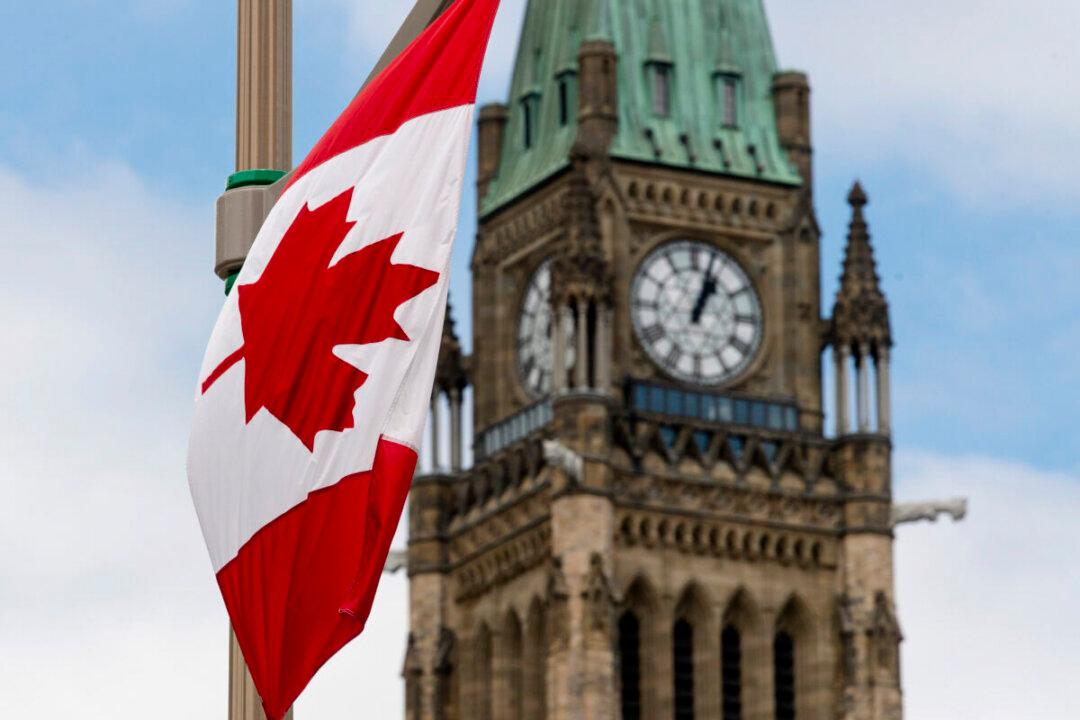More than 60 percent of Canadians say Western separatism is a subject that should be taken seriously, but an equal number say the topic should not be on the table during a federal election.
A Nanos Research survey of 1,345 Canadians found that 62 percent of those polled say Western separatist movements in provinces like Alberta and Saskatchewan should be taken “seriously” or “somewhat seriously.”





